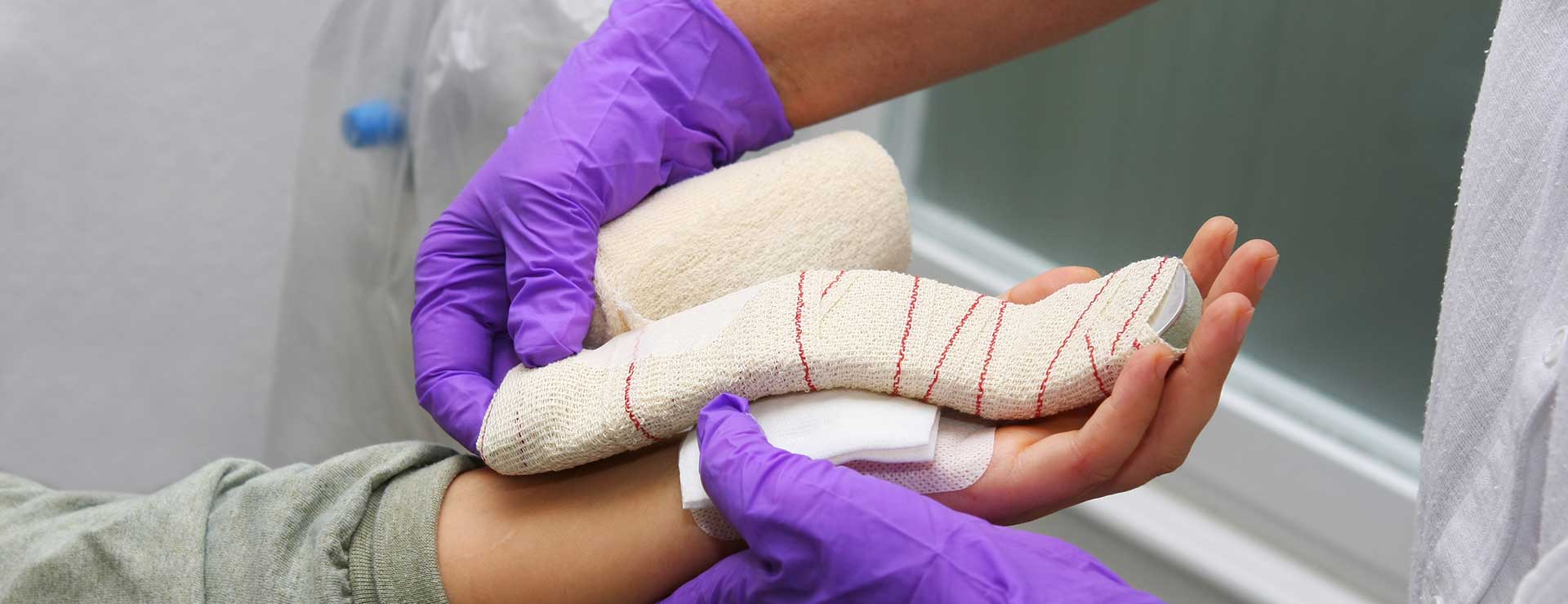
You’re scheduled for outpatient surgery. Your doctor has given you instructions for what to do beforehand. But what can you expect afterward? Here are some points to consider:
Criteria for Discharge from Outpatient Surgery
Your doctor will release you from the hospital or clinic when your vital signs are stable and when you can:
- Stand and walk
- Take pain medication in pill form rather than through an IV
- Urinate and have a bowel movement
- Manage any post-op nausea
- Think and communicate as you did pre-surgery
Post-Op Protocols
Before leaving the hospital, schedule a follow-up appointment with your surgeon to ensure your recovery is on-track.
After outpatient surgery, most patients go directly home. But people who have had knee or hip operations may need to transition to a physical rehabilitation facility first.
A social worker can help you make the necessary arrangements, including transportation, which is usually by ambulance.
If you had outpatient surgery (meaning no overnight stay), your doctor will require you to have a friend or family member drive you home and stay with you for the next 24 hours, until the effects of the anesthesia have completely worn off.
That person can also take notes on any instructions the clinician gives you. (If you’re nauseous, groggy, or in pain after surgery, it might be difficult to keep up with all that information on your own).
Having someone with you is also helpful if you have any problems post-surgery. Nausea and vomiting are common and can lead to dehydration.
Make sure you understand the directions and dosages for your medications, and that you know how to reach your doctor if complications arise. Knowing what to do after outpatient surgery can give you peace of mind to focus on your recovery.